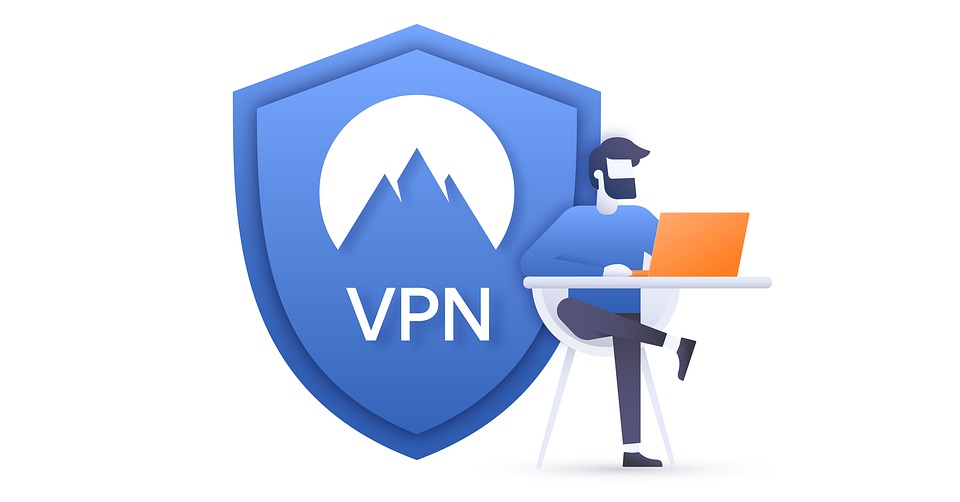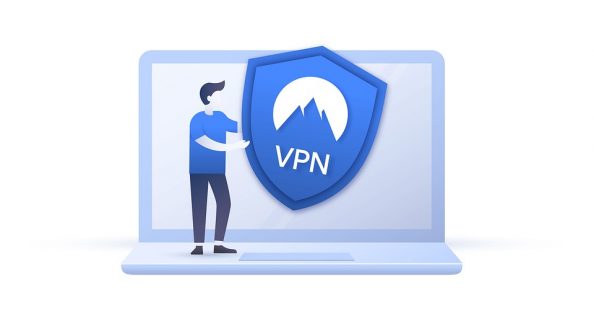The reason why people use VPNs is because there is nothing that does a better job protecting your network from outside threats and keeping your privacy secure than a VPN – especially if that VPN has a no-log policy. However, there are a lot of people who wonder about the VPN’s interaction with an Internet Service Provider (ISP). After all, the ISP is needed to connect to the VPN server, so it stands to reason while everything on the VPN may be kept private, your ISP could know that you are connected to the VPN and possibly know even more than you want them to be aware of.
That being said, there are a lot of things to consider about VPN use and how your ISP works. For example, when using Netflix, your ISP will register that you are on Netflix thanks to their IP address. The big question is if you use a VPN that works with Netflix, will your ISP know that you are not just on the ISP but that you are also on Netflix as well? For many people, if a VPN lets the ISP know your browsing habits are, that defeats the entire purpose of the VPN.
Fortunately, we will separate the fact from the fiction regarding what the ISP sees when you are using a VPN.
Security and Privacy with Downloads
So, you like to Torrent – who doesn’t? Your ISP – that’s who. Initially VPNs were created to move data securely within a corporation, but people got wise and saw VPNs could be a profitable business. A great VPN will keep whatever you do online hidden from prying eyes. This means the websites you visit, hackers, your local and national government, and yes, even your ISP will not see your data. However, this is only if you use a VPN that has a policy of not keeping logs and records. Using the OpenVPN protocol or L2TP/IPsec on devices not supporting OpenVPN allows you to keep everything you do hidden. This is the simplest way to keep your information hidden. 
Another consideration for a VPN that hides your activity is encryption. 256-bit encryption is the top level and is hard to crack, but it slows things down considerably, that’s why many people opt for 128-bit encryption because it balances needs for spend and security. If living in a country like the UAE where downloading content and visiting sites is extremely restricted, these types of VPNs are essential because the ISP is in the business of monitoring all your activity, therefore having a good VPN that does not log your data is critical to not running into trouble just for using the web. For more information on how you can enhance your VPN setup with additional security features, visit this page: www.rhinonetworks.com. Whether you’re downloading content or just browsing, the right tools can make a significant difference in maintaining your privacy.
Claim Victory Over your ISP
The simple way of understanding what your ISP deals with when you use a VPN is that your ISP will see activity, except the activity will be gibberish. As you use the VPN, what happens is you are uploading and downloading data to the VPN server. With conventional sites and non-VPN use, your ISP will see what you are sending and receiving – and to whom. Instead, all your ISP will see is a random string of letters and numbers that make no sense to anyone – even the most skilled people at cracking encryption want no part in this for a couple reasons – you’re not doing anything wrong, and it’s a massive pain to decrypt the mishmash that transmits between your device and the VPN server.
Remember how the UAE was mentioned earlier? Well, China and Saudi Arabia, a good VPN gets around the roadblocks intended to stymie online activity. As of right now, 256-bit AES encryption is considered unbreakable and is the standard used in the US Military. The bad news? Only VPNs that are paid services guarantee this level of encryption. Still, many great VPN services are quite affordable while offering such immense protection.
Get Around the End of Net Neutrality
In the United States, net neutrality is a big deal because ISPs have successfully lobbied the American government to remove this protection. This means ISPs can throttle your connection speed to websites they don’t particularly like. For example, one of the largest ISPs in the United States is Xfinity. If Xfinity decides they want an all-out war with AT&T, they could throttle connection speeds to AT&T sites – including AT&T’s mobile phone site. So, if you are looking to pay your phone bill, the connection speed can be slowed to a crawl because Xfinity does not like AT&T.
A VPN gets around that. Instead, your ISP will see you are connected to a different server and most likely will not throttle the connection speed. As net neutrality is up in the air in the United States, having a paid VPN is essential to getting around ISPs that have decided to be cut throat in their zeal to wall off competitors to their customers. Another benefit is this – your ISP knows you are concealing your traffic, but since you are connected to the VPN, it can’t see your traffic, so therefore it can’t slow down your connection to other sites and services.
Understanding Your ISP’s Perspective
At this point, you understand that your ISP will essentially see that you are connected to an encrypted address and that there’s traffic going to that address. Generally, the ISP does not want to mess with any of this because it gets in the way of the mission of your ISP: build profitability and avoid costly legal issues. Trying to decrypt perfectly legal browsing activity is harassment and that leads to loads of legal issues your ISP wants no part of. Therefore, unless the traffic is unusually large, your ISP will not pay attention to encrypted traffic heading to an encrypted address. Another thing to remember is anti-encryption laws are lax, so your ISP does not have any reason to muck around with your traffic; therefore it sees encrypted traffic, but at the end of the day, the juice is not worth the squeeze.
-
Acting - 0/10
0/10
-
Cinematography/Visual Effects - 0/10
0/10
-
Plot/Screenplay - 0/10
0/10
-
Setting/Theme - 0/10
0/10
-
Watchability - 0/10
0/10
-
Rewatchability - 0/10
0/10













